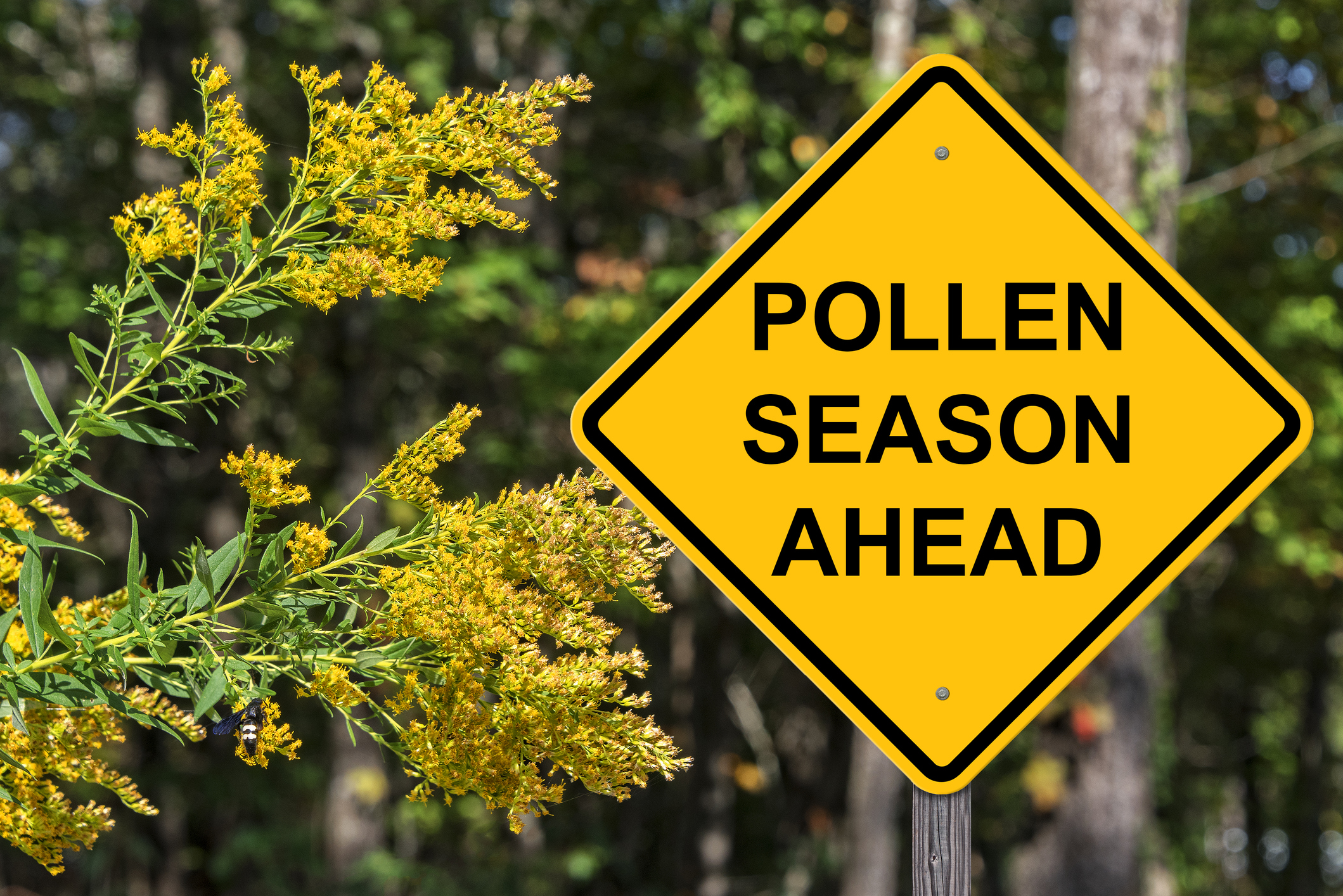We may be getting used to COVID-19, but that’s far from the only illness being passed around the United States right now. Other viruses have started to rear their ugly heads, including an earlier-than-usual surge of the flu. Another virus is on the tear too: RSV. Worse still, it’s primarily affecting children. More than 90% of pediatric hospital beds are in use in states like Minnesota, Texas, and Maine, and across the rest of the country, beds are averaging 75% full.
But what exactly is RSV, how severe is it, and what can we do to protect ourselves and our children? Let’s explore this ailment in detail. If you think you or your child may have a severe case of RSV, find your nearest Xpress Wellness Urgent Care to be screened and receive treatment today.
What is RSV?
RSV, or respiratory syncytial virus, is a common respiratory virus that results in cold-like symptoms. Most of the time, RSV isn’t extremely serious, and those who contract it can expect to recover within a couple weeks without treatment. However, like the flu, it can create serious problems for young children and older adults. It’s the most common cause of both pneumonia and bronchiolitis in children under one year old in the USA.
Why is RSV on the rise now?
Experts aren’t entirely sure why RSV is currently on the rise, but many believe there is a connection between the outbreak and the pandemic lockdowns. People, especially children under two years old, have been masked and isolated for much of the last several years, leading to underdeveloped immune systems. It’s possible that periodic exposure to common illnesses like colds would have better prepared children to handle exposure to RSV.
Regardless of the cause, it’s important to keep your eyes open for the symptoms of RSV so that you can avoid it whenever possible.
What are the symptoms of RSV?
Infected people usually develop symptoms within four to six days of infection. These usually appear in inconsistent stages and typically include:
- Lack of appetite
- Sneezing
- Coughing
- Runny nose
- Fever
How contagious is RSV and how does it spread?
RSV is extremely contagious, so much so that by the time they turn two years old, nearly every child in the USA will have contracted the virus at some point. The virus spreads through fluids. When an infected person sneezes or coughs, the droplets they release into the air can infect anyone who encounters them.
The virus can also live on contaminated surfaces like doorknobs, crib rails, or countertops for hours, meaning you can be infected by someone you never come into contact with. On the other end of the spectrum, direct contact is also a surefire way to become infected. This can sometimes happen when an adult kisses a child on the cheek. The virus can also live on hands for several hours, making handshakes risky.
How long is RSV contagious?
Most of the time, people who get infected with RSV are contagious for between three and eight days. Some people though, especially young children and those with compromised immune systems, can be contagious for up to an entire month.
When is RSV season?
The most common RSV season runs from October through April, but it can depend on where you live. For the most updated information, you can refer to the CDC’s surveillance reports for RSV.
You should also note that COVID-19 disrupted the typical RSV season in the United States. RSV rates rose in the spring of 2021, and they began early in 2022. It can be hard to predict how and when rates will increase at this point, so it pays to be prepared for it to flare up at any time.
How can I avoid RSV?
RSV may not usually be severe, but it’s best avoided even if you or your child aren’t at a particularly high risk. It’s still a pain to deal with, and it can make it difficult to continue living our daily life due to discomfort and a desire to prevent further spread. Here are some ways you can help prevent catching or spreading RSV:
- Cover your mouth and nose when coughing or sneezing
- Avoid close contact with anyone who is coughing or sneezing
- Wash your hands with soap and water as often as you can for at least 20 seconds
- Avoid close contact with others such as kissing, sharing cups or dishes, shaking hands, or hugging, especially if you or the other person is symptomatic
- Limit time spent at child care facilities
Should I treat RSV at home or go to a doctor?
For mild cases, no trip to the doctor is necessary. Take some basic steps to relieve you or your child’s symptoms and wait out the virus. You can manage pain with over-the-counter medications (choose kid-friendly medicines if they’re for your child). Drink plenty of water to avoid dehydration, eat healthy foods, and get plenty of sleep.
If you or your child seem to have a severe case of RSV, you may want to seek treatment. Visit a doctor right away if any of the following symptoms apply:
- Severe dehydration (for young children, less than one wet diaper every eight hours is a strong indicator)
- Difficulty breathing or heavy breathing
- Significant reduction in energy or alertness
- Blue or gray coloring to skin, tongue, or lips.
Additionally, you may want to take your child to a doctor no matter how severe symptoms appear to be if they meet high-risk factors such as:
- Heart defects
- Weakened immune system
- Lung disease
- Prematurity
- Twelve weeks old or under
RSV Treatment at Xpress Wellness Urgent Care
If you or your child is suffering from RSV and you decide treatment is right for you, Xpress Wellness Urgent Care is here to help. It doesn’t matter if you’re worried about high risk factors, severe symptoms, or you’d simply rather be safe than sorry. Our skilled and courteous healthcare providers will give you the treatment you need. Find an Xpress Wellness location near you to get started.



